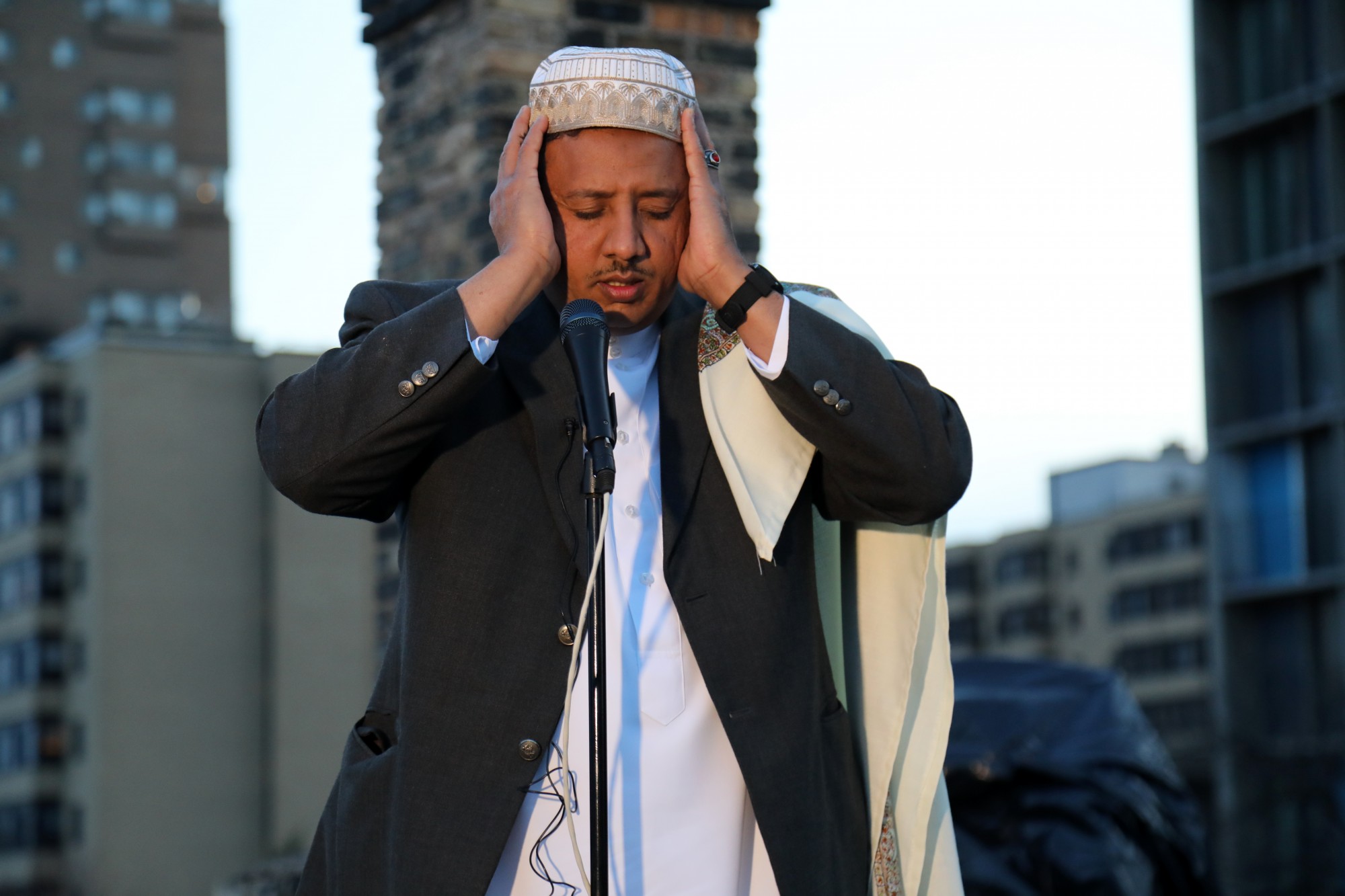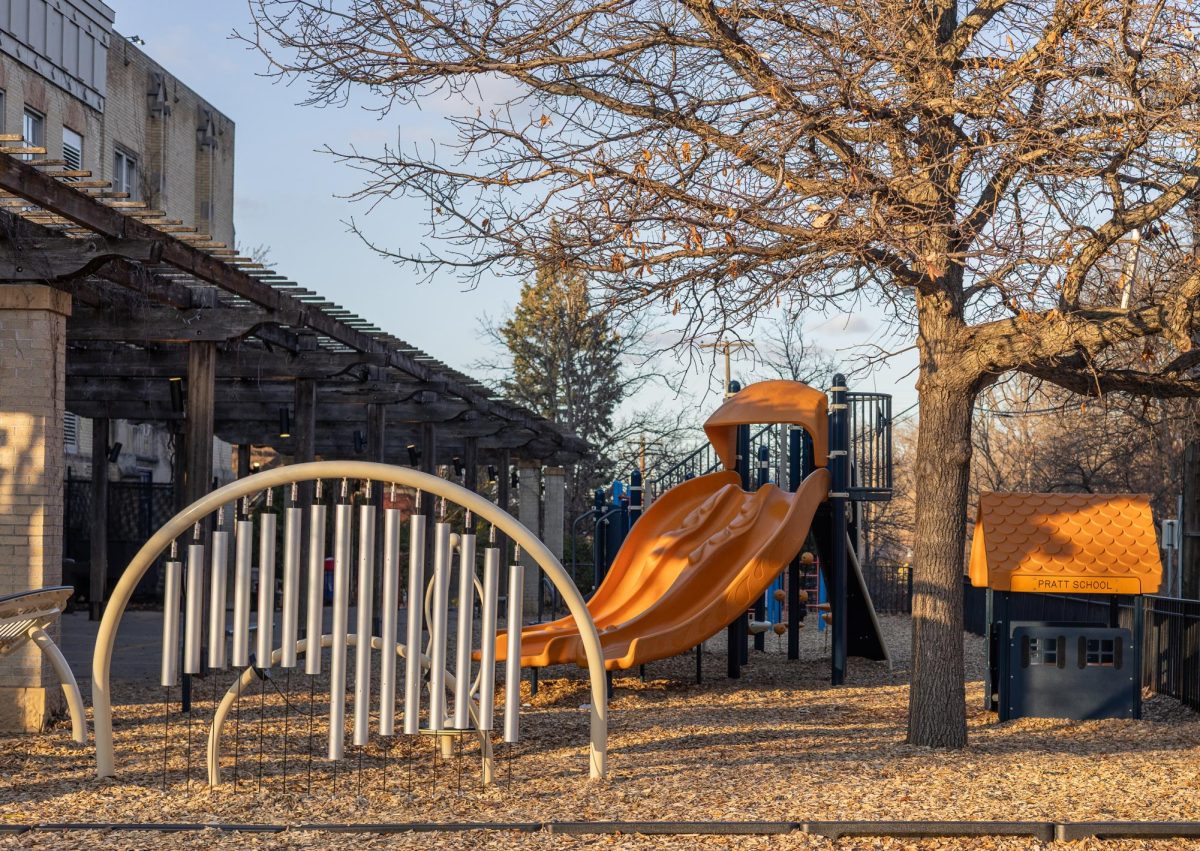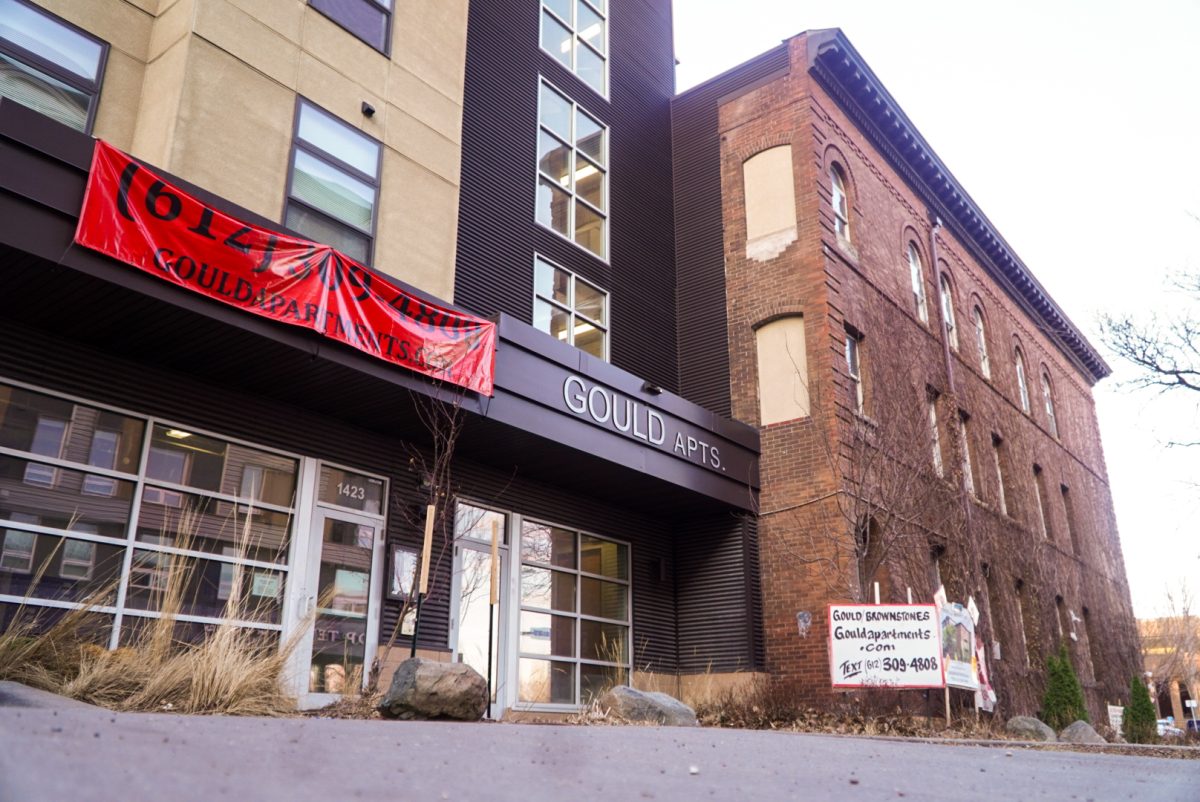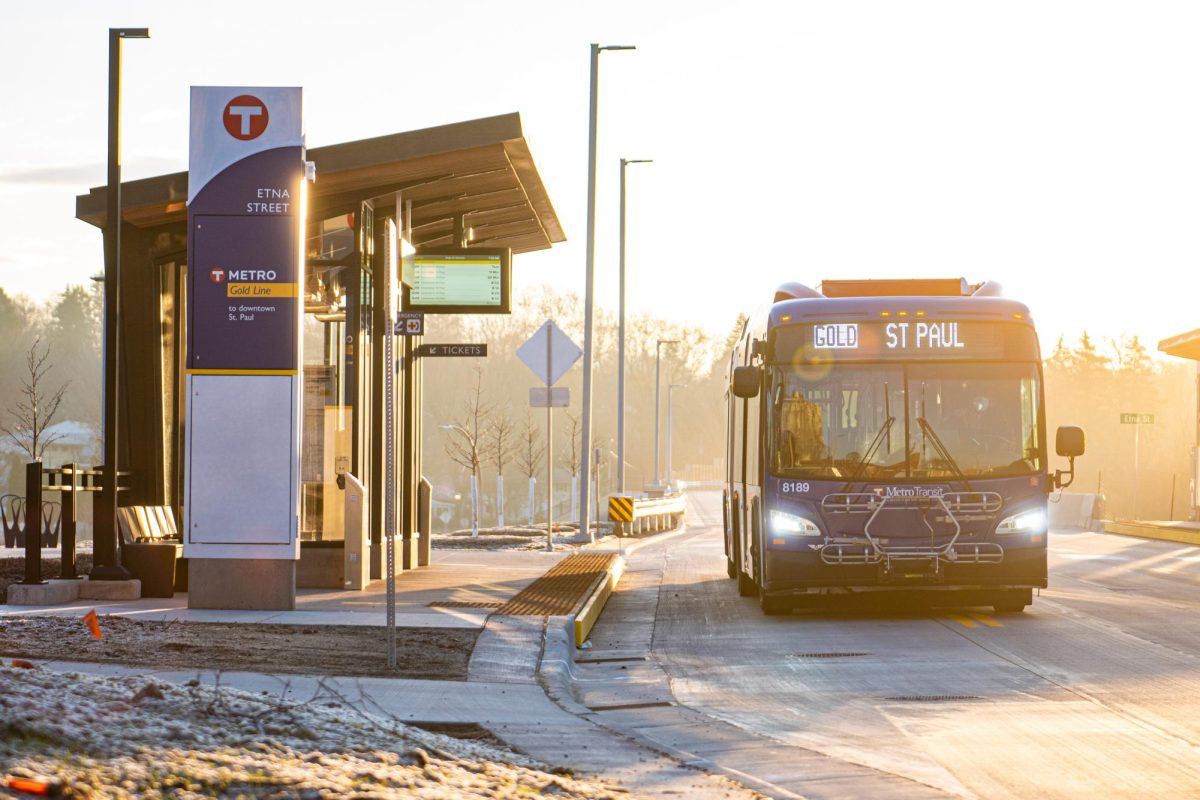The observance of the holy month of Ramadan is different this year for Muslim students at the University of Minnesota as many learn to bridge social distancing with community.
As the stay-at-home order continues, Muslims at the University and worldwide are experiencing Ramadan — a month of fasting, community prayer and shared meals — away from mosques, friends and family.
“You just feel like more of a community during Ramadan than all the other months,” said Sumaya Mohamed, the president of the University’s Al-Madinah Cultural Center.
Gathering to break fast and share the sunset meal, or iftar, with her friends and family is one of the things Mohamed said she misses most about the month-long observance. Mohamed, a fourth-year University student, is currently living on campus away from her family.
Though she regularly communicates with her family, Mohamed does most of Ramadan’s communal aspects, like praying and sharing meals, by herself.
“That aspect of having iftar with each other is … really bringing in the community, sharing lots of love there, and that’s just not something you can do anymore,” Mohamed said.
AMCC had originally planned to provide meals to students every night of Ramadan while classes and final exams took place, but this initiative was canceled because of COVID-19, Mohamed said. The group hopes to partner with local restaurants, like Afro Deli and Wally’s Falafel and Hummus, to supply meals for pick-up instead once the stay-at-home order is lifted.
The circumstances have also spurred the creation of many online Quran reading groups to keep people connected, fourth-year student Sumaya Noor said.
The Muslim Students Association is one of many groups worldwide hosting online Islamic lectures to keep students spiritually engaged while keeping social distancing guidelines.
For the first time ever, the daily call to prayer, or adhan, has been broadcast in Cedar-Riverside since the start of Ramadan on April 23 in the hopes of cultivating a sense of community during social distancing.
Instead of attending night prayers, or tarawih, at her mosque, Noor is praying from home. She longs for the spiritual connectedness that comes with communal prayer, she said.
“We’re so used to spending time with family, with friends, being at the mosque with community members, but none of that is there essentially,” Noor said. “It’s just been so difficult connecting with others who are part of my [mosque] community.”
Even smaller traditions bear the mark of the pandemic.
Fahima Osman, a third-year University student, said her mom makes a Somali dessert of fried dough called buur every Ramadan. It took three visits to different grocery stores until she could purchase the yeast necessary to make the dessert, Osman said.
For Abdul Toumeh, this Ramadan is the first in a few years that he has spent with his parents and siblings in one place. Since quarantining, Toumeh and his family have been doing the five daily prayers together as a family, he said.
“Since the colleges are closed and you have to work from home, everyone is gathered together as a family — I’d say for the first time in four or five years,” he said. “It’s kind of weird having all the family members in the same house. It feels like my childhood.”
Before night prayers, fourth-year student Tehaam Adhami sits down with his family at home and listens as his dad tells stories from the Quran and shares spiritual reflections.
“Going out to the mosque … is probably the biggest thing that I do miss with social distance measures,” he said.








